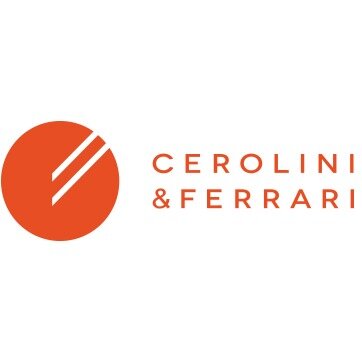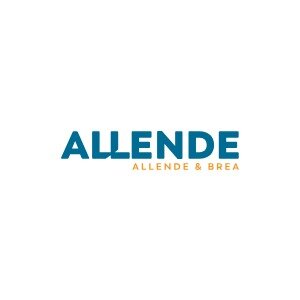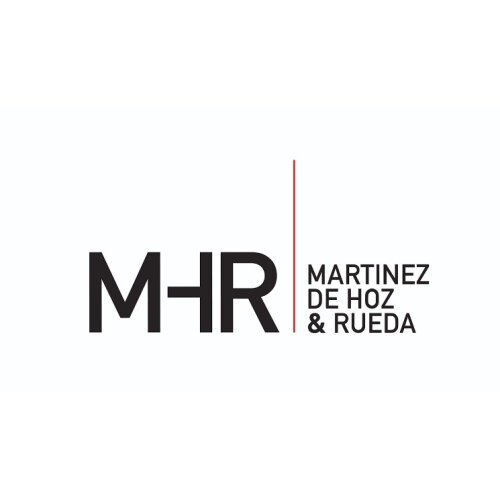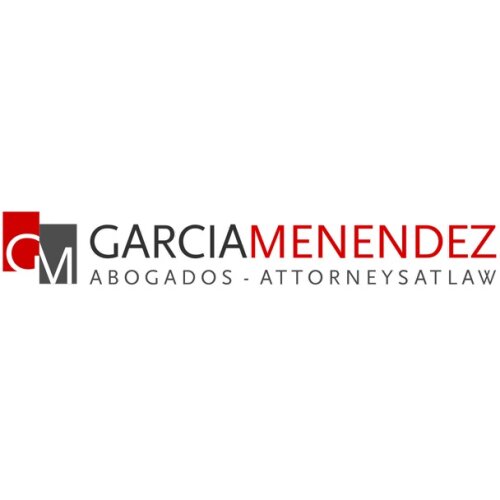Best Energy Regulatory Law Lawyers in Argentina
Share your needs with us, get contacted by law firms.
Free. Takes 2 min.
Or refine your search by selecting a city:
List of the best lawyers in Argentina
About Energy Regulatory Law in Argentina
Energy Regulatory Law in Argentina is the body of legal rules and norms that governs the production, distribution, commercialization, and consumption of energy resources, including electricity, natural gas, petroleum, and renewable energies. Given the crucial role of energy in the Argentine economy and social development, the legal framework emphasizes regulation, oversight, and control by both national and provincial governments. The National Energy Regulatory Entity (ENRE) and the National Gas Regulatory Entity (ENARGAS) are two central institutions dedicated to overseeing compliance within the electricity and gas sectors, respectively. These laws seek to balance market competitiveness, consumer protection, investment incentives, and sustainability objectives.
Why You May Need a Lawyer
There are numerous scenarios in which individuals or companies might require legal assistance in matters related to Energy Regulatory Law in Argentina. Some common situations include:
- Starting or operating an energy generation, distribution, or commercialization business
- Complying with complex licensing and regulatory registration processes
- Negotiating and drafting energy supply contracts
- Addressing disputes with regulatory agencies or other market participants
- Responding to changes in the energy legal or regulatory framework
- Engaging in public or private tenders for energy infrastructure projects
- Addressing environmental compliance associated with energy production
- Advising on tariffs, pricing structures, and subsidies
- Facilitating mergers, acquisitions, or joint ventures in the energy sector
- Protecting consumer rights in relation to energy supply
Due to the technical and evolving nature of energy regulation, legal advice ensures that stakeholders meet all obligations and optimize their opportunities within the system.
Local Laws Overview
Argentina's energy regulatory environment is structured by a combination of national laws, executive decrees, and sector-specific regulations. Key legislative milestones include Law 24.065 (Electricity Regime), which liberalized and organized the electric power sector, and Law 24.076, which governs the natural gas industry. Additional regulations address oil exploration and production (Hydrocarbons Law 17.319), renewable energies (Law 27.191 and Law 26.190), and energy efficiency.
National regulatory agencies-such as ENRE for electricity and ENARGAS for gas-oversee licensing, monitoring, tariff approval, and consumer protection. The Secretariat of Energy sets broad policy directions. Provinces have authority over resources located within their territories, resulting in a layered regulatory environment. Market operations are largely conducted through CAMMESA, the company that administers the wholesale electricity market.
Sustainability goals and commitments to the energy transition have led to the growing inclusion of renewables and energy efficiency measures. The regulatory framework is regularly updated to respond to technological, environmental, and economic changes, creating both opportunities and challenges for market participants.
Frequently Asked Questions
What is the main regulatory authority for electricity in Argentina?
The National Electricity Regulatory Entity (ENRE) is the primary authority supervising the generation, transmission, and distribution of electricity at the national level.
How are energy tariffs determined?
Tariffs for electricity and gas are established by regulatory entities based on cost structures, investment requirements, and policy directives. These tariffs are subject to periodic review and public consultation.
Do provincial laws also apply to energy projects?
Yes, provinces have significant powers over energy resources and can establish their own regulations, especially when resources are located within their territories. National and provincial rules often coexist and must be complied with simultaneously.
Are there incentives for renewable energy projects?
Argentina offers incentives such as fiscal benefits, preferential tariffs, and guaranteed purchase agreements under laws promoting renewable energy. The RenovAr program is a prominent government initiative supporting renewables.
How do I obtain a license to operate in the energy sector?
Licensing procedures vary by subsector and jurisdiction but generally involve submitting documentation to the relevant regulatory authority (like ENRE or ENARGAS), complying with technical requirements, and passing environmental reviews.
What happens if an energy company violates regulations?
Regulatory agencies can impose sanctions ranging from fines and warnings to suspension or revocation of licenses, depending on the severity of the infraction.
Can consumers dispute energy bills or service conditions?
Yes, consumers have the right to file claims with regulatory agencies, consumer defense offices, or the judiciary if they believe their rights have been violated by energy suppliers.
Are foreign companies allowed to invest in the Argentine energy sector?
Foreign investment is permitted and encouraged in most segments, subject to the same regulations and requirements as national companies. Legal assistance is recommended for navigating local regulations and requirements.
How are environmental concerns addressed in Argentine energy law?
Energy projects must comply with national and provincial environmental regulations, which require impact assessments and ongoing monitoring to mitigate adverse effects.
What role does CAMMESA play in the energy sector?
CAMMESA manages the operation of the wholesale electricity market, coordinating economic dispatch, and ensuring the reliability and efficiency of the national electricity system.
Additional Resources
If you need more information or assistance, consider reaching out to these key organizations and resources:
- National Energy Regulatory Entity (ENRE): For electricity regulations and complaints
- National Gas Regulatory Entity (ENARGAS): For all matters related to natural gas
- Secretariat of Energy: For energy policy and program information
- CAMMESA: For wholesale electricity market matters
- Chamber of Renewable Energies (CADER): For renewable energy development and networking
- Local bar associations and energy law sections
- Provincial energy authorities
- Consumer protection offices specializing in public utilities
Next Steps
If you believe you require legal assistance in any matter related to Energy Regulatory Law in Argentina, it is important to follow these steps:
- Clearly identify your specific legal issue-whether it relates to regulatory compliance, consumer protection, permits, or contracts
- Gather all relevant documents and correspondence
- Contact a lawyer or law firm with experience in energy regulatory matters
- Schedule a consultation to discuss your situation and receive professional advice
- Engage in ongoing communication as your matter progresses
Proper legal counsel can help you avoid costly mistakes, ensure compliance with all relevant regulations, and provide strategic support for your activities in the Argentine energy sector.
Lawzana helps you find the best lawyers and law firms in Argentina through a curated and pre-screened list of qualified legal professionals. Our platform offers rankings and detailed profiles of attorneys and law firms, allowing you to compare based on practice areas, including Energy Regulatory Law, experience, and client feedback.
Each profile includes a description of the firm's areas of practice, client reviews, team members and partners, year of establishment, spoken languages, office locations, contact information, social media presence, and any published articles or resources. Most firms on our platform speak English and are experienced in both local and international legal matters.
Get a quote from top-rated law firms in Argentina — quickly, securely, and without unnecessary hassle.
Disclaimer:
The information provided on this page is for general informational purposes only and does not constitute legal advice. While we strive to ensure the accuracy and relevance of the content, legal information may change over time, and interpretations of the law can vary. You should always consult with a qualified legal professional for advice specific to your situation.
We disclaim all liability for actions taken or not taken based on the content of this page. If you believe any information is incorrect or outdated, please contact us, and we will review and update it where appropriate.
Browse energy regulatory law law firms by city in Argentina
Refine your search by selecting a city.
















